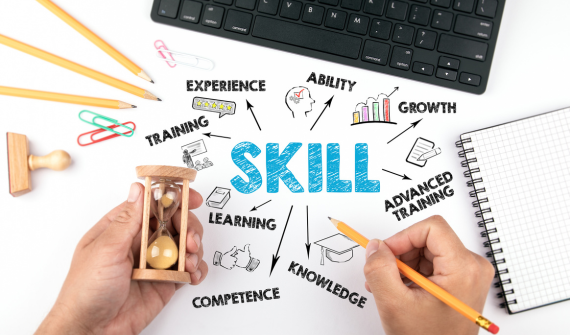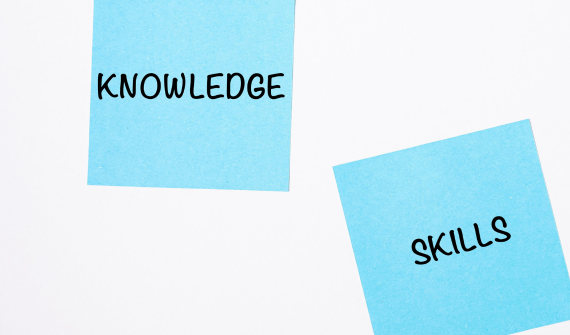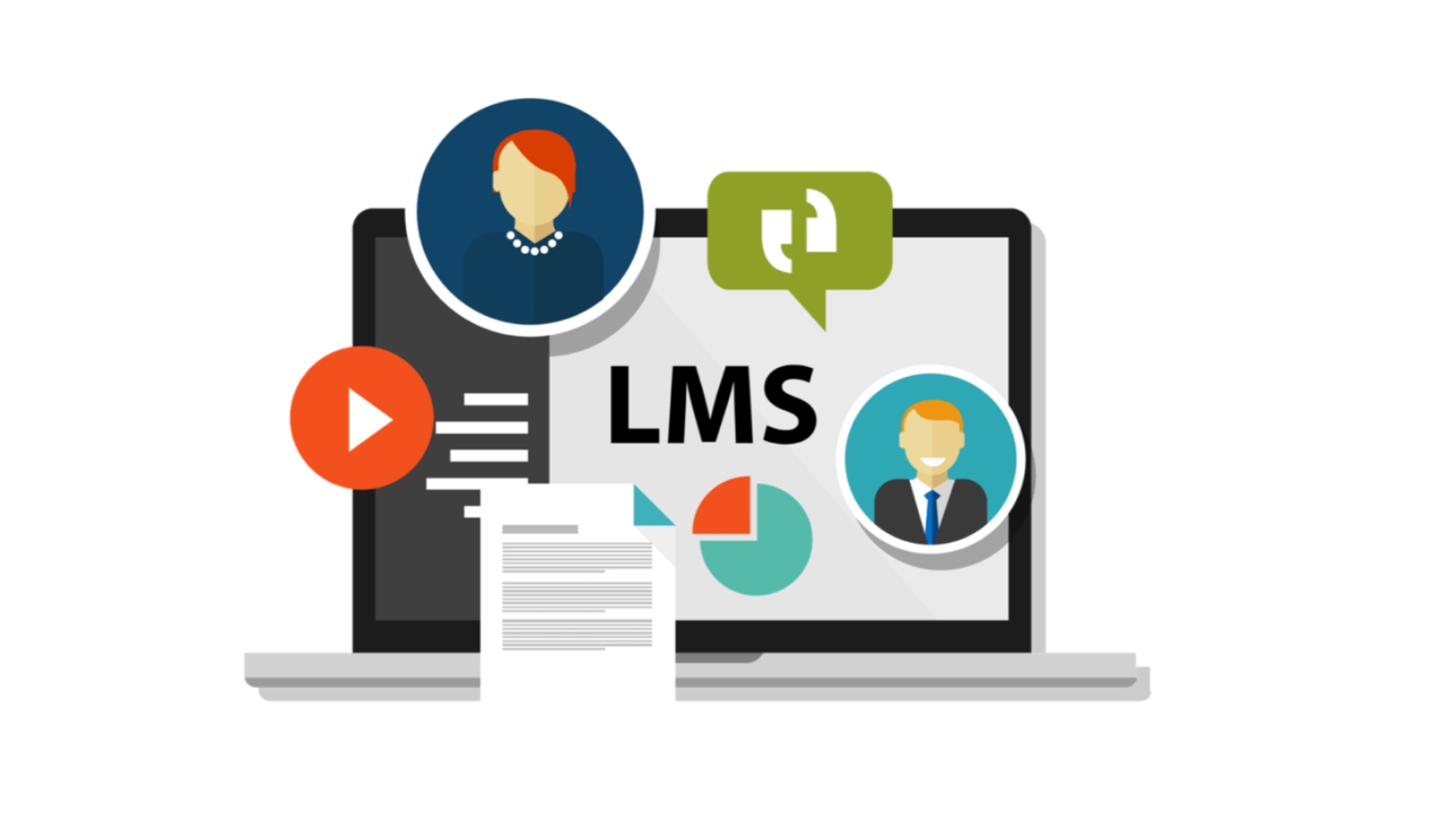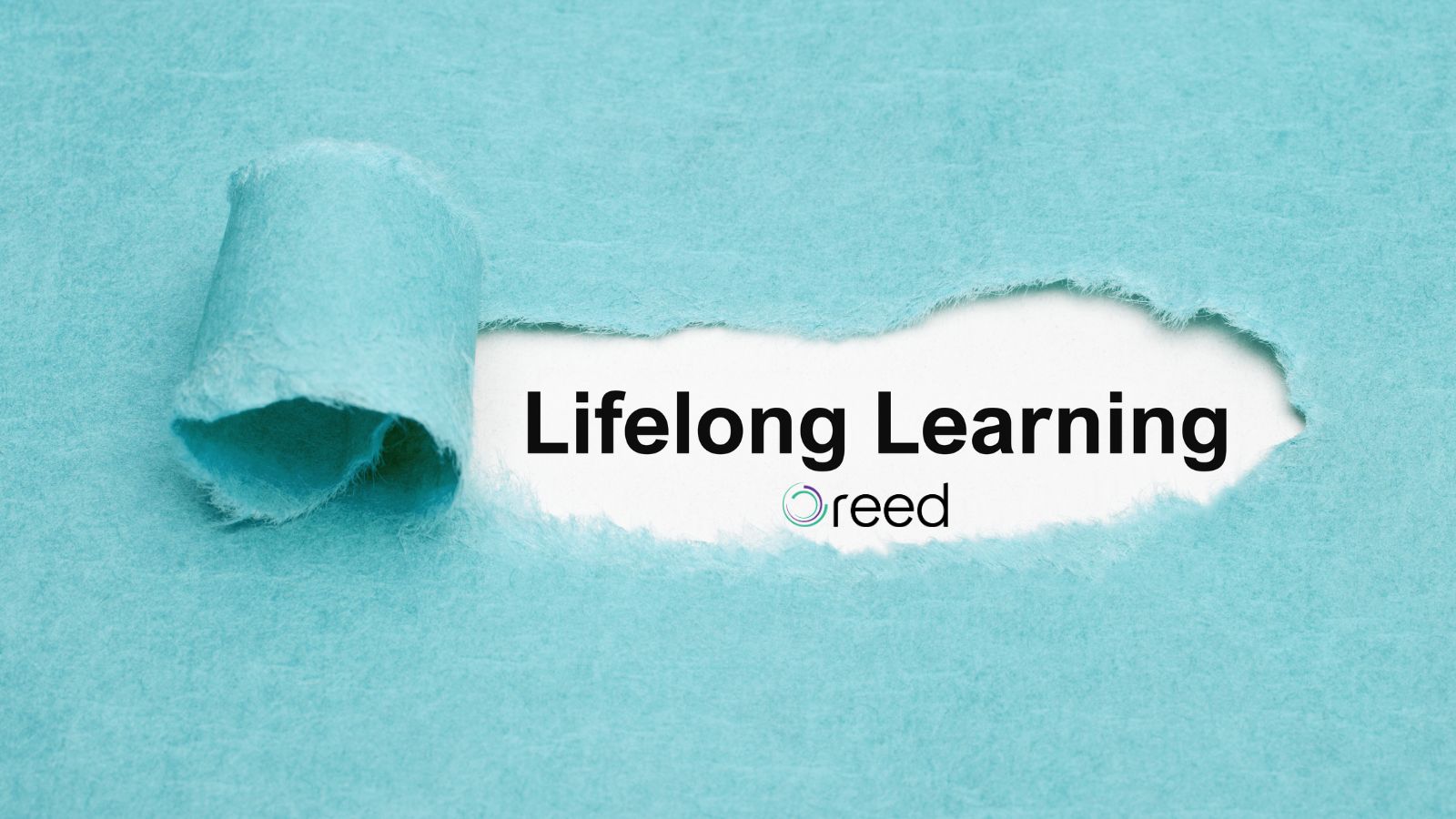In today's fast-paced world, skill and knowledge are often used interchangeably, but they are distinct concepts with unique roles in personal and professional development.
Knowledge refers to the information and understanding we acquire through education and experience, while skills are practical abilities developed through practice and application.
Understanding the differences between skill vs knowledge is crucial for maximizing growth and success.
Knowledge expands our intellectual capacity, empowers us to adapt to change and make informed decisions. Skills, on the other hand, equip us with the tools to apply knowledge practically and achieve goals.
Recognizing the importance of both skill and knowledge is vital in today's competitive landscape.
This article will explore the distinctions between skill vs knowledge, their significance, and practical implications, enabling readers to make informed choices about their personal and professional development.
What Are Skills?

They are the practical manifestation of knowledge, enabling individuals to effectively perform specific tasks or activities.
This shows the increasing importance of skills in the ever-changing world.
Skills can be acquired and honed in various domains, including technical, interpersonal, cognitive, and creative areas.
Types Of Skills
Following are the different types of skills.
1. Technical Skills
Technical skills are specific expertise and knowledge required to perform tasks in a particular field or industry.
These skills are often job-specific and can include proficiency in using tools, equipment, software, or performing specialized tasks.
Examples of technical skills include programming, data analysis, engineering, carpentry, graphic design, or operating machinery.
2. Interpersonal Skills
Interpersonal skills, also known as soft skills, are essential for effective communication, collaboration, and interaction with others.
These skills are crucial in building relationships, fostering teamwork, and navigating social dynamics.
Examples of interpersonal skills include communication, active listening, empathy, conflict resolution, leadership, teamwork, and networking.
3. Cognitive Skills
Cognitive skills involve mental processes and abilities related to thinking, analyzing, and problem-solving.
These skills are critical for logical reasoning, decision-making, and strategic thinking.
Examples of cognitive skills include critical thinking, problem-solving, decision-making, analytical skills, attention to detail, creativity, and adaptability.
4. Creative Skills
Creative skills involve the ability to think innovatively, generate original ideas, and express oneself artistically.
These skills are essential in fields such as art, design, writing, music, and other creative endeavors.
Examples of creative skills include artistic expression, ideation, imagination, storytelling, graphic design, and creative problem-solving.
Skills are practical abilities developed through practice and active application of knowledge.
They encompass technical, interpersonal, cognitive, and creative proficiencies that contribute to individual success and professional growth.
Possessing a diverse range of skills enhances performance, employability, adaptability, and resilience.
By recognizing the importance of skills and actively investing in their development, individuals can unlock their potential and thrive in various personal and professional endeavors.
What Is Knowledge?

It encompasses understanding and awareness of a subject matter, including its principles, history, and applications.
Knowledge provides individuals with a foundation to comprehend and interpret the world around them.
Types Of Knowledge
Let’s have a look at the different types of knowledge.
1. Explicit Knowledge
Explicit knowledge refers to formal, codified, and easily articulated information. It is tangible and can be easily expressed in words, documents, or diagrams.
Examples of explicit knowledge include textbooks, scientific articles, manuals, databases, and instructional videos. Explicit knowledge can be readily shared, communicated, and transferred among individuals.
2. Tacit Knowledge
Tacit knowledge is personal, experiential, and deeply rooted in an individual's intuition, insights, and expertise.
It is challenging to articulate and codify into explicit forms, making it highly subjective and context-dependent.
Tacit knowledge is acquired through observation, practice, and hands-on experience. Examples of tacit knowledge include skills, expertise, intuition, insights, and personal beliefs.
3. Procedural Knowledge
Procedural knowledge relates to knowing "how" to perform specific tasks or activities. It involves understanding the step-by-step procedures, methods, or techniques required to complete a task.
Procedural knowledge is practical and often associated with technical skills and expertise.
Examples of procedural knowledge include knowing how to drive a car, cook a recipe, operate machinery, or perform a specific surgical procedure.
4. Declarative Knowledge
Declarative knowledge encompasses factual information, concepts, and theories. It focuses on knowing "what" something is, its properties, attributes, or characteristics.
Declarative knowledge is based on facts, rules, principles, or theories.
Examples of declarative knowledge include understanding historical events, scientific concepts, mathematical formulas, or theories in various fields.
Skill Vs Knowledge: The Difference Between Skill And Knowledge

Skill and knowledge are two distinct but interconnected concepts that play significant roles in personal and professional development.
Understanding the differences between skill and knowledge is crucial for maximizing growth and success.
Let's delve into the differences between skill and knowledge and explore how they complement each other in various contexts.
1. Definition And Nature
Knowledge refers to the information, facts, concepts, and theories that individuals acquire through education, experience, and exposure.
It involves understanding and awareness of a subject matter, providing a theoretical foundation to comprehend the world.
Knowledge can be acquired through reading, studying, research, observation, and discussions.
On the other hand, skills are practical abilities or proficiencies that individuals develop through practice, experience, and active application of knowledge.
Skills are the tangible manifestation of knowledge, allowing individuals to effectively perform specific tasks or activities.
They require hands-on experience, repetition, and refinement to become proficient in a particular area.
2. Acquisition
Knowledge is acquired through various means such as formal education, self-study, research, and exposure to different sources of information.
It involves learning and understanding theoretical concepts, principles, and facts.
Knowledge can be obtained from books, lectures, online resources, or interactions with knowledgeable individuals.
Skills, on the other hand, are acquired through practical application and hands-on experience.
They are developed through deliberate practice, repetition, and active engagement in real-world scenarios. Skills require active learning, doing, and refining through practice and feedback.
3. Application
Knowledge forms the foundation for developing skills. It provides the necessary understanding and information required to perform tasks effectively.
Without a basic knowledge of a subject, it becomes challenging to acquire the skills associated with it.
For example, knowledge of musical notes, scales, and rhythm is essential before acquiring the skill to play a musical instrument.
Skills, on the other hand, involve the practical application of knowledge.
They are the abilities that individuals demonstrate when performing specific tasks or activities.
Skills allow individuals to translate theoretical knowledge into action and achieve desired outcomes.
4. Interplay And Importance
While knowledge and skills are distinct, they are interconnected and complement each other.
Knowledge provides the theoretical framework and understanding, while skills enable practical application and execution.
They work in tandem to enhance performance, problem-solving, and decision-making.
In many domains, possessing both knowledge and skills is crucial for success. A deep understanding of concepts and theories (knowledge) combined with the ability to apply them effectively (skills) enables individuals to excel in their fields.
For instance, in a professional setting, having technical knowledge (e.g., programming languages) and the corresponding programming skills allows a person to develop software applications.
Introducing Oreed: The Education Intelligence Platform You Have Been Looking For
Are you in search of a comprehensive education intelligence platform to upskill your employees or implement knowledge management in your organization?
Look no further – Oreed is here to provide you with the solution you need.
1. Boosting Employee Awareness
With Oreed, you can gain a 360-degree view of your workforce, boosting employee awareness and enabling you to make informed decisions that benefit both your employees and your company.
2. Developing Custom Training And Courses
Oreed goes beyond enhancing employee awareness; it also facilitates the development of custom training and courses tailored to your employees' specific needs.
By gaining a deeper understanding of their training requirements, you can design effective programs that foster growth and success.
Moreover, Oreed empowers you to create personalized learning paths that address individual skill gaps, providing targeted development opportunities for each employee.
3. Measuring Impact And Effectiveness
One of the standout features of Oreed is its powerful analytics and reporting capabilities.
With these tools, you can easily measure the impact and effectiveness of your training initiatives.
Oreed provides you with valuable insights into the progress and performance of your employees, allowing you to continuously improve your training and development programs.
By monitoring key metrics and analyzing the data, you can ensure that your initiatives deliver maximum value and drive meaningful results.
4. Achieving Unprecedented Levels Of Success
Oreed doesn't just promise improvement; it delivers unprecedented levels of success.
Our platform is designed to generate a remarkable 10x increase in customer revenue and engagement.
Furthermore, Oreed boosts employee productivity and enhances organizational efficiency. With Oreed, you can trust that you'll achieve the best possible return on investment (ROI) for your business.
So what are you waiting for? Book a demo with Oreed today and find out more about our features.
Promote lifelong learning through Oreed by experiencing the most powerful all-in-one training and development intelligent platform that streamlines all your organization's learning, training, and development activities in one place.
Final Thoughts
In conclusion, when it comes to skill vs knowledge, they are two interconnected yet distinct elements that play vital roles in personal and professional development.
While knowledge provides the theoretical understanding and foundation, skills enable the practical application and execution of that knowledge.
Both are essential for success, as knowledge provides the necessary information and concepts while skills empower individuals to effectively use and apply that knowledge.
Recognizing the differences and fostering a balance between skill vs knowledge is key to unlocking one's full potential and achieving excellence in various areas of life.
By continually expanding knowledge and honing skills, individuals can enhance their performance, adaptability, and growth, setting themselves up for success in an ever-evolving world.
FAQs
1. What is a skill training program?
A skill training program is a structured educational initiative designed to enhance individuals' practical abilities and proficiency in a specific skill or set of skills.
These programs aim to equip participants with the knowledge, techniques, and hands-on experience required to excel in a particular field or occupation.
Skill training programs often involve a combination of theoretical instruction, practical exercises, simulations, and real-world applications.
They are typically developed and delivered by subject matter experts or training professionals who possess expertise in the target skill area.
The objective of these programs is to provide participants with the necessary tools and resources to acquire, develop, and refine their skills, ultimately enabling them to succeed in their chosen profession or pursue new career opportunities.
2. What are the benefits of knowledge?
The benefits of knowledge are truly transformative.
Firstly, knowledge empowers individuals with the ability to understand and navigate the world around them. It provides a solid foundation for critical thinking, problem-solving, and decision-making.
Secondly, knowledge fuels personal and professional growth by opening doors to new opportunities and expanding intellectual horizons.
With knowledge, individuals can stay informed, adapt to changes, and continuously learn and evolve.
Moreover, knowledge enhances creativity and innovation by providing a diverse range of perspectives and insights.
Lastly, knowledge is a catalyst for success, enabling individuals to excel in their fields and make meaningful contributions.
The benefits of knowledge are manifold, shaping individuals into informed, capable, and accomplished individuals.





